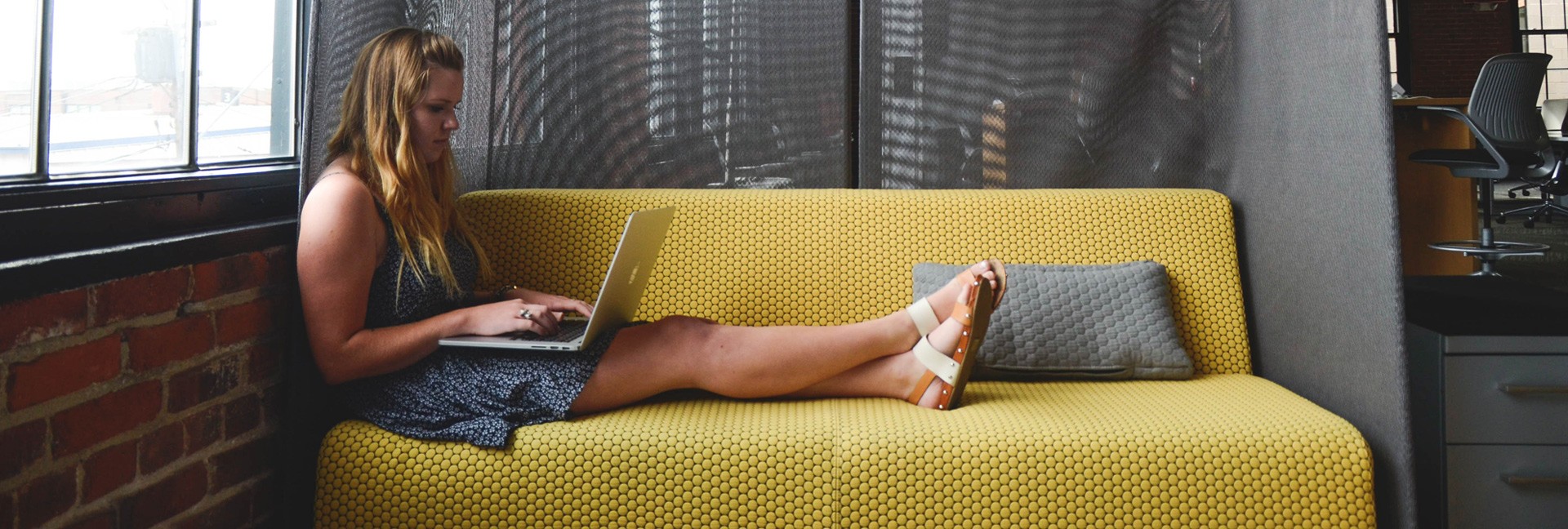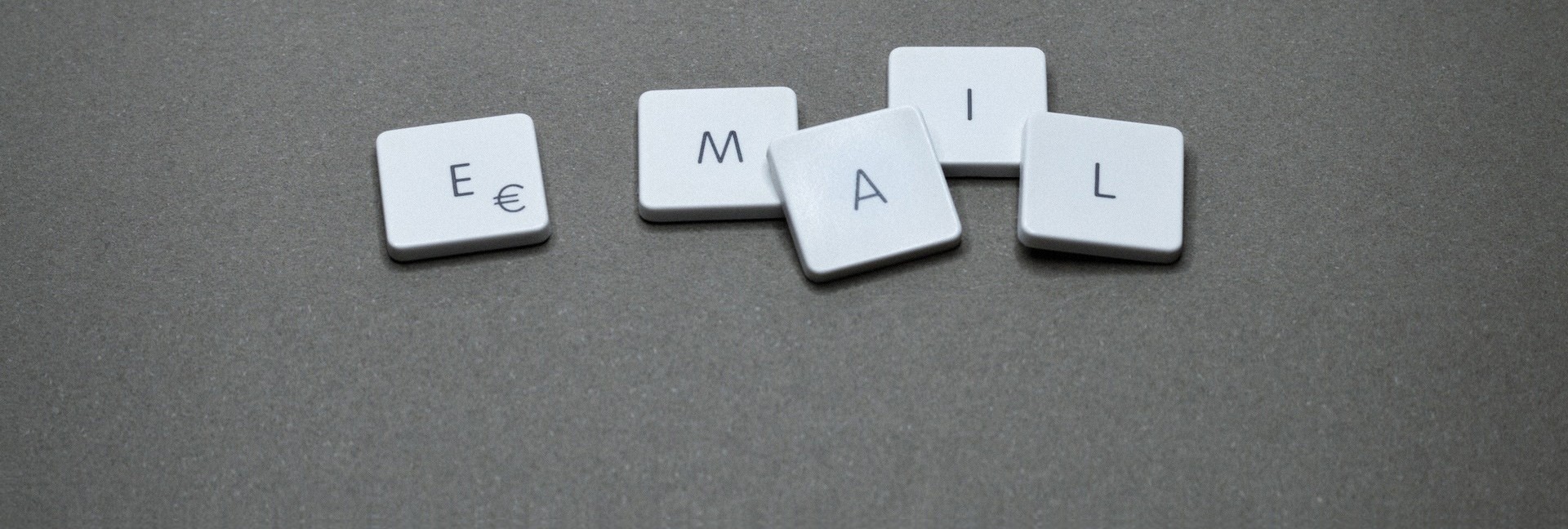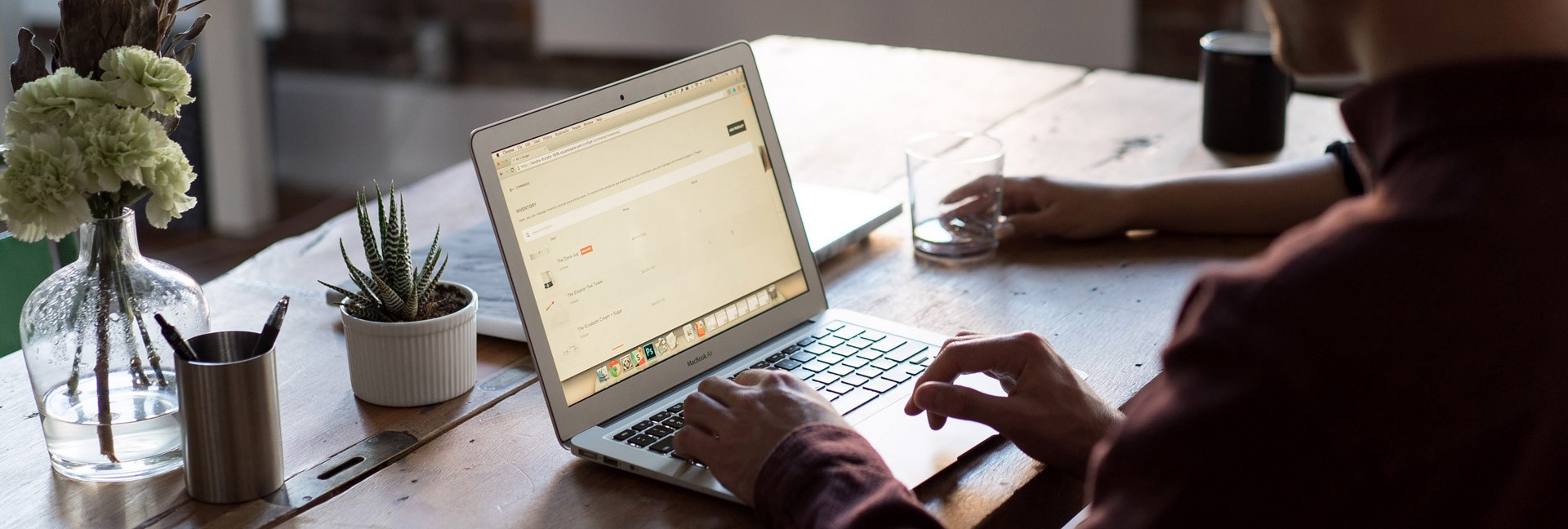With the rise of the connectivity of the internet, we’re able to be more productive than ever before and every minute wasted not working feels like an enormous loss that we shouldn’t stand for. It’s easy to feel overwhelmed and overstimulated while at the workplace and not be able to reach your personal productivity goals. In this article, we’re going to outline several ways you can improve productivity in your workspace. Whether you work at a large scale office or comfortably at home, these tips should help apply universally to improve your productivity and self-satisfaction with how much work you can get done in a day.
Multitasking
It might seem simple to do a few things all at once, in fact, some people pride themselves on exclusively working as multitaskers. However, science has repeatedly shown us that multitasking has an overall negative effect on our performance of individual tasks while multitasking. You would better be served to complete that phone call without trying to shoot out quick emails to coworkers.
Essentially, when you’re multitasking, you’re doing a bad job at several things at once instead of providing enough attention and care to complete tasks correctly. When multitasking, you’re more likely to make costly mistakes that you’ll then have to correct further down the road, hurting your productivity even more. We strongly recommend you prioritize your tasks and tack them one at a time in the future.
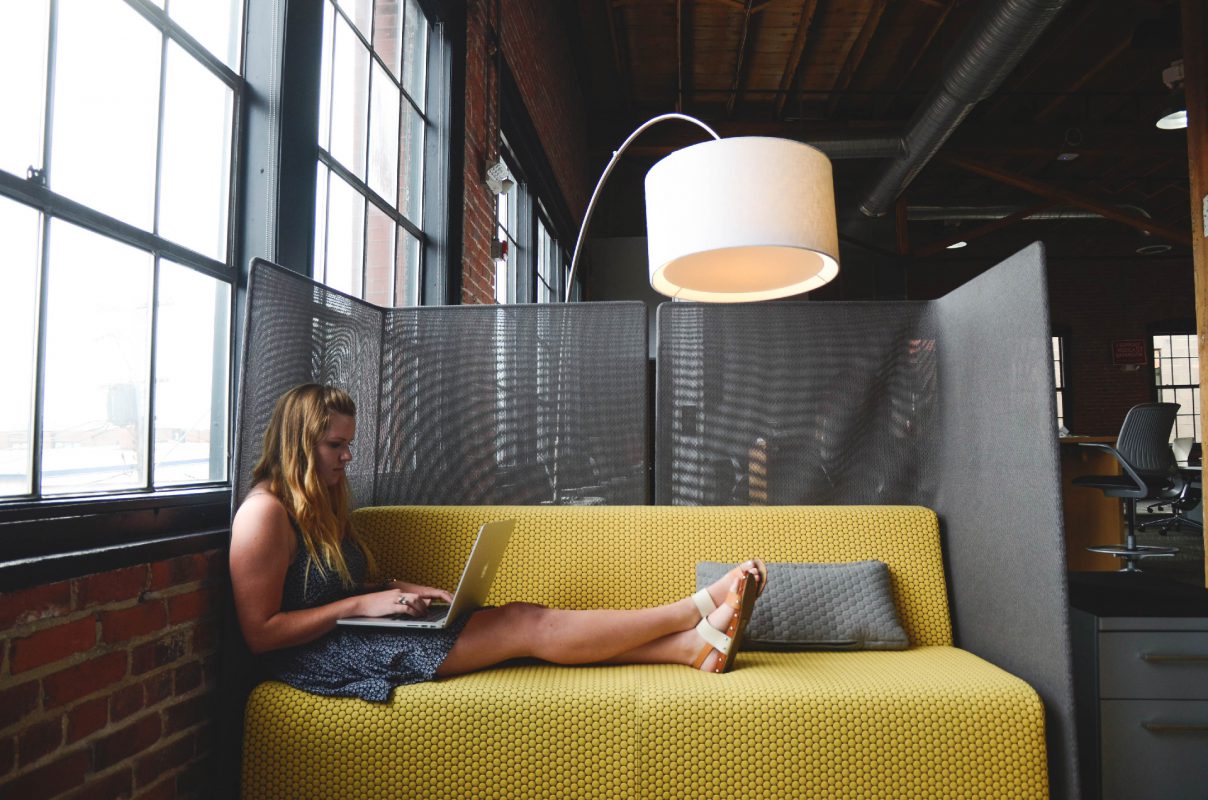
Noise
The recent push into open office style designs has actually had a negative effect on overall workplace productivity. While an open office layout is attractive, the nature of it means that you’re open and more vulnerable to distractions while working. If you’re working from home, research has shown that working in a quiet and controlled environment without significant distraction from noise will provide you the best result.
If you don’t believe us, try taking a laptop next to a construction site and try to write that bi-monthly report! Your solution here is to take back the relative noise privacy you once had. Consider employing noise-canceling headphones or portable partition solutions which serve to create a sense of privacy and isolate you from noise.
Smart Distractions
No, we aren’t saying that you should try and make your distractions smarter. In fact, we’re saying that the proliferation of smart devices throughout our lives is helping to cripple our productivity. While it should seem that everyone having a smart device with them at all times should increase productivity, the problem is that those smart devices are also an amazing source of distraction during your workday. Being constantly connected to the internet, they’re receiving a stream of notifications, messages, and general attention-grabbing things that separate you from your work. One way to do deal with this is to disable notifications on your phone while you work. There exist a slew of applications that can help you automatically manage your notifications to keep only the most important from distracting your work. Try to make your primary work smart device work exclusive and avoid accessing sties and apps such as social media on it.
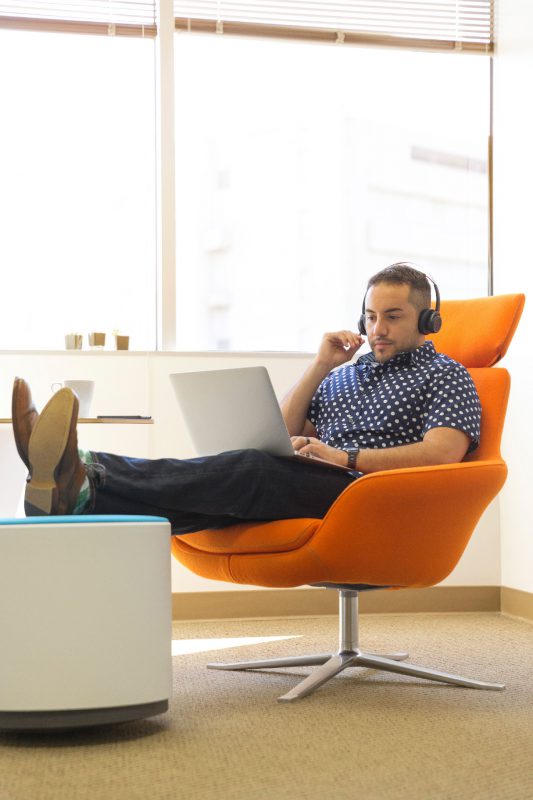
Clutter
It should seem obvious, but reducing the clutter present in your workspace will do wonders for your productivity. The less time you spend looking for what you need means more time doing what you need to do. An excellent place to start in decluttering your workspace is to find anything you haven’t used or touched in the past six months and remove it from your immediate workspace. This is especially true of any kind of documents you keep redundant copies of around you. Depending on the archiving system in place for you or your company, you should try to transfer as much into electronic storage as possible to save time and space in the future. Don’t forget to set up adequate backups when you do, though!
There we have it, the four best ways to block distractions in your workspace! Overall, your goal is to simply reduce available distraction around you as much as possible. However, in order to reap the productivity benefits long-term, you need to be consistent and vigilant in applying your new production practices. Distraction reduction isn’t a one-shot affair. You need to keep it up at all times!
Author Bio:
Leila Dorari is an entrepreneur, freelance writer and business-improvement enthusiast from Sydney. Currently, she is consulting companies on how to organize a company culture for maximum motivation and productivity. In her spare time, you can usually find her window shopping or hiking with her furry four-legged friend.






